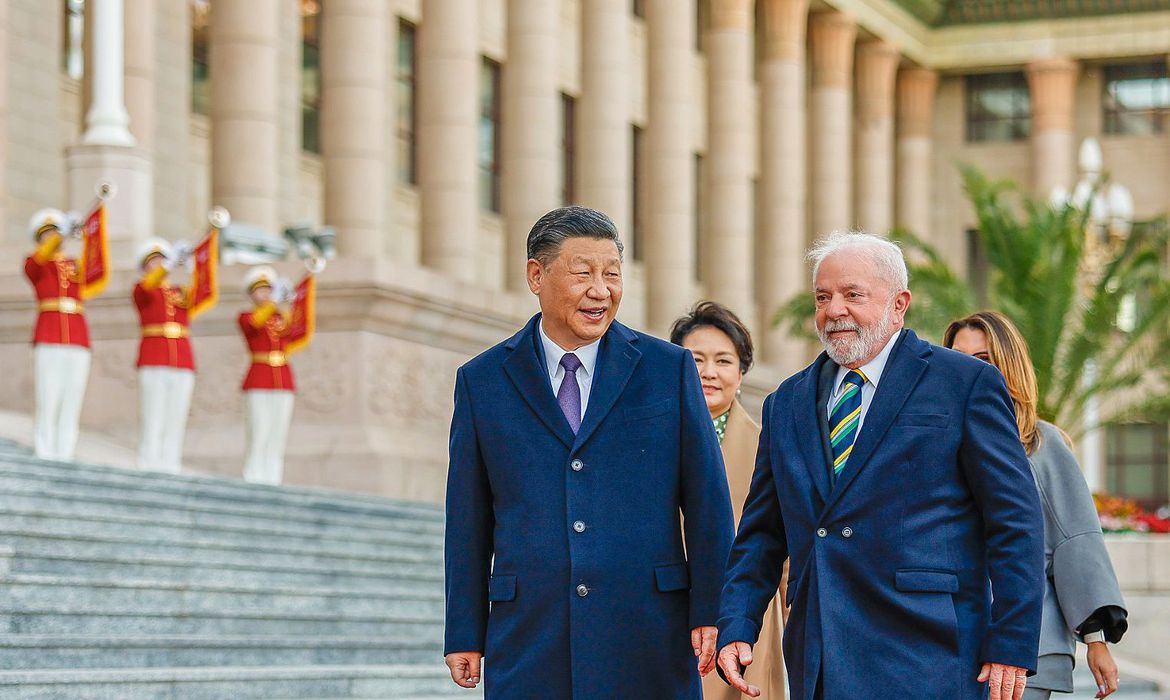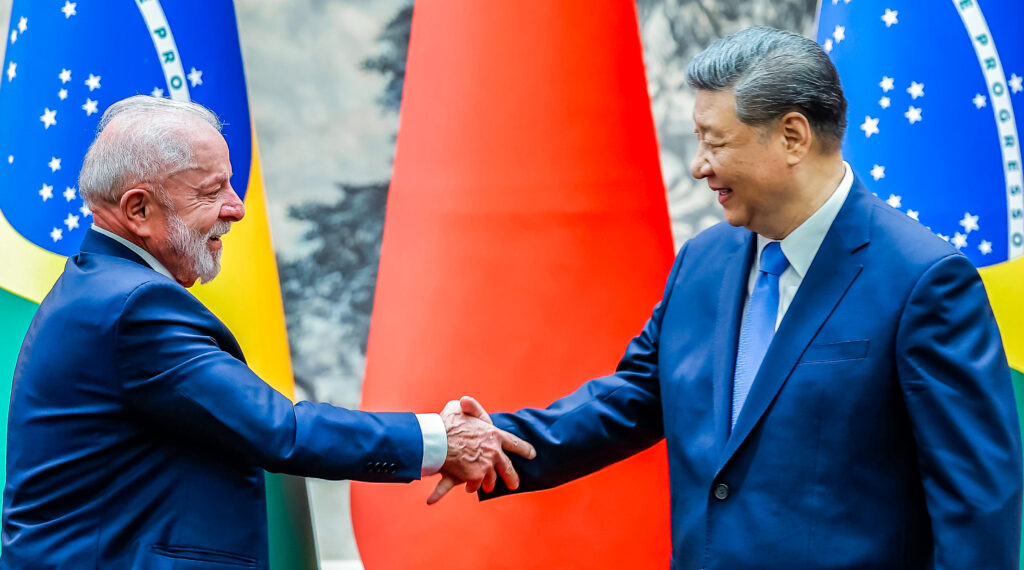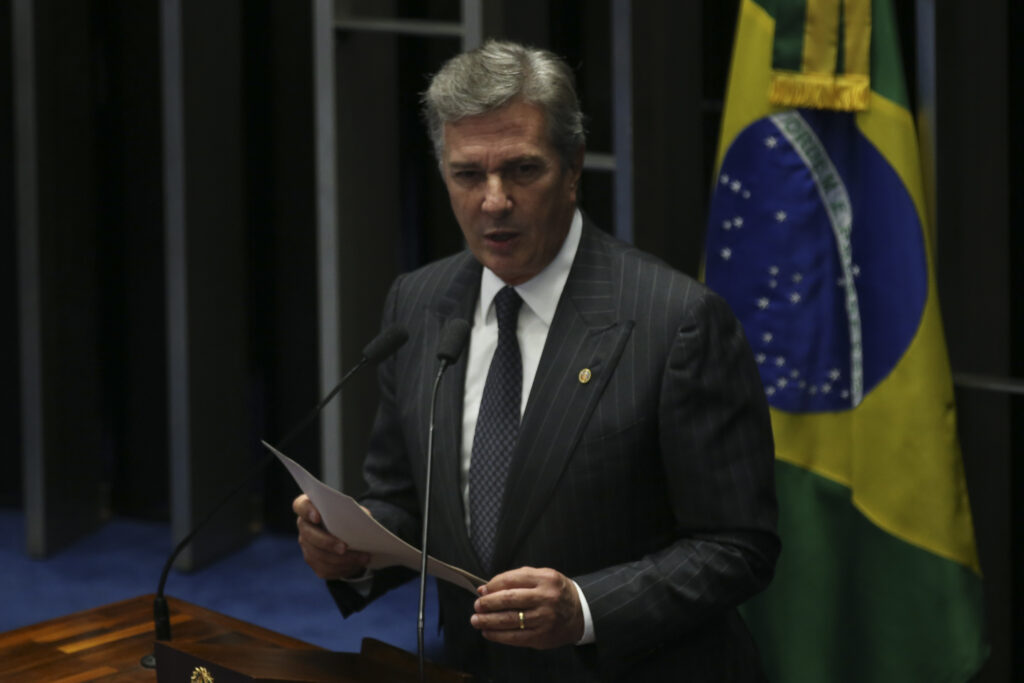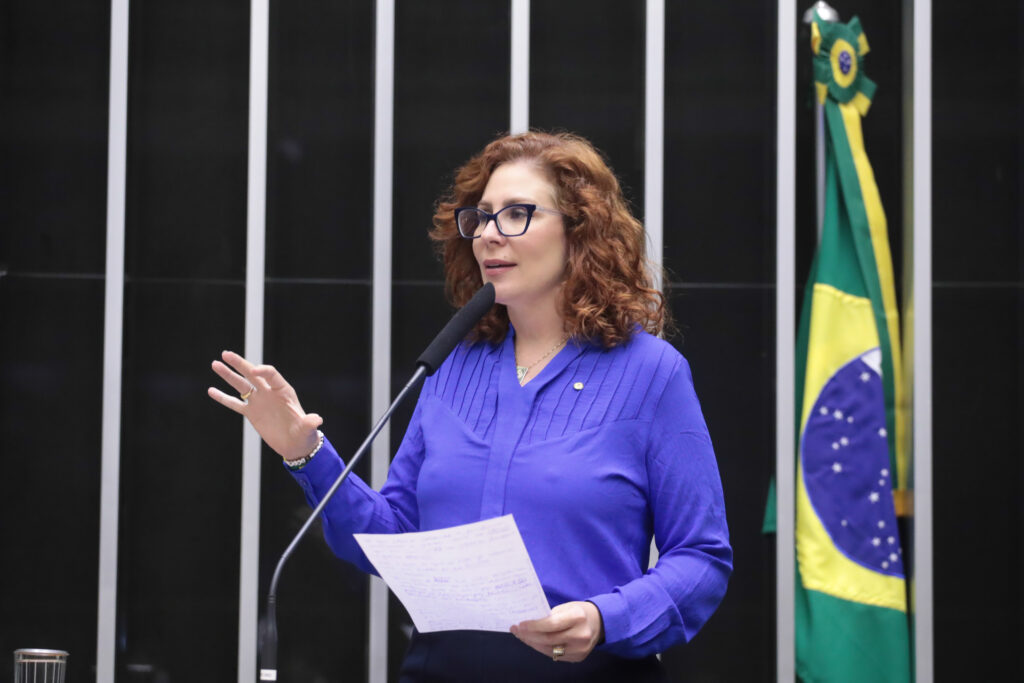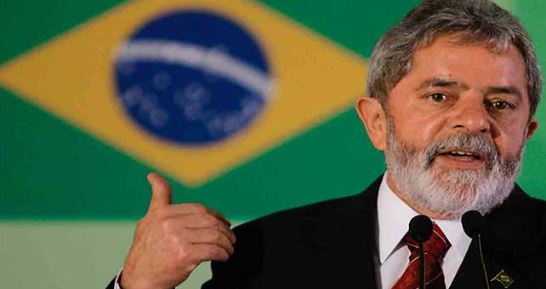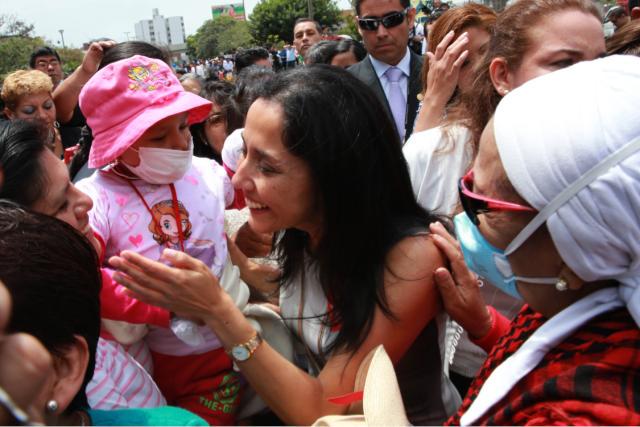São Paulo, Brazil – On a three-day trip to China last week, Brazil’s President Luiz Inácio Lula da Silva met with his counterpart, President Xi Jinping, and signed 15 trade and partnership agreements with Brazil’s largest trading partner. While in China, Lula also criticized the dominance of the U.S. dollar in the world’s economy.
Lula arrived in Shanghai on Tuesday, where he attended the inauguration ceremony of former President Dilma Rousseff as president of the New Development Bank of the BRICS, the trading bloc made up of Brazil, China, Russia, India and South Africa. At the event, Lula criticized the traditional financing model of international financial institutions, which uses the dollar to the detriment of other currencies.
“For the first time, a development bank with global reach was established without the participation of developed countries in its initial phase. Free, therefore, from the shackles and conditionalities imposed by traditional institutions on emerging economies. Plus, with the possibility of financing projects in local currency,” he said.
The president also criticized the International Monetary Fund (IMF), which he accused of “asphyxiating” Argentina. For him, banks must have “patience” and keep the word tolerance in mind when renewing their financing agreements.
“No government can work with a knife at the throat because of its debts,” he said.
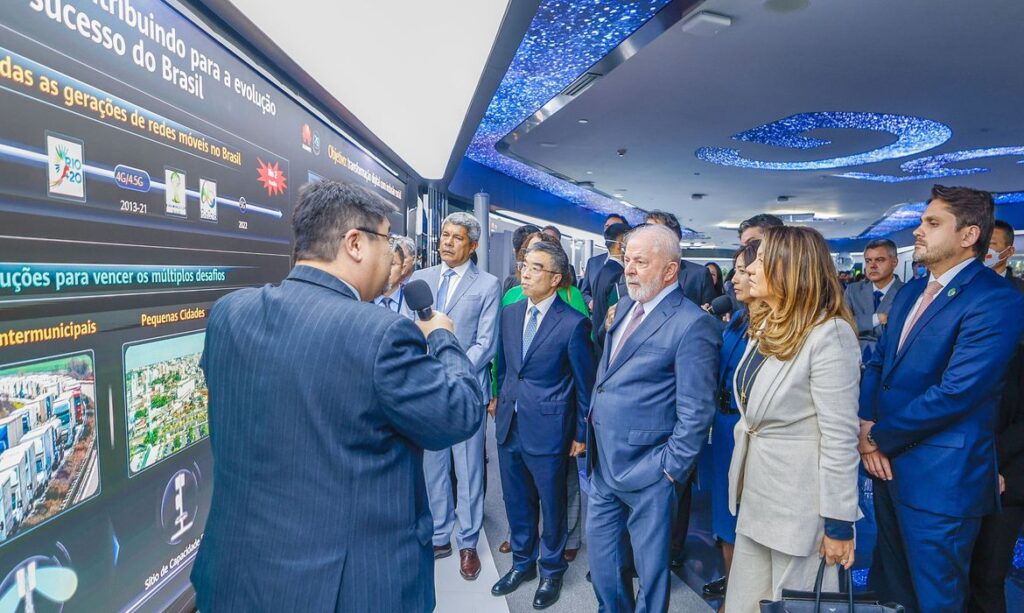
Still in Shanghai, Lula visited the research and development center of technology and communications giant Huawei, which has been operating in Brazil for 25 years. Late last year, the United States banned the import of communications equipment made by Huawei, citing national security risks.
After visiting other Chinese companies, Lula traveled to Beijing and met with President Xi. The two leaders signed 15 commercial and partnership agreements that covered areas such as space cooperation, research and innovation, digital economies, the fight against hunger, the exchange of communications content between the two countries, and trade facilitation.
Other agreements were made dealing with electronic certification for animal products, and sanitary requirements for slaughterhouses in Brazil that export meat to China. Brazil is the largest supplier of beef to the Asian country and 60% of Brazilian meat production is sold to China.
In addition, the National Bank for Economic and Social Development (BNDES) and the China Development Bank (CDB), development banks from both countries, signed an agreement to raise up to US $1.3 billion for investments in Brazil.
According to the BNDES, the funds may be allocated to sectors such as sanitation, manufacturing and high technology, in addition to contributing to strengthening bilateral trade between Brazil and China.
China has been Brazil’s main trading partner since 2009. The volume traded between the two countries in 2022 was US $150.4 billion.
Lula left Beijing on Friday and traveled to Abu Dhabi, the capital of the United Arab Emirates, where he met with the president and emir of Abu Dhabi, Sheikh Mohammed bin Zayed Al Nahyan.
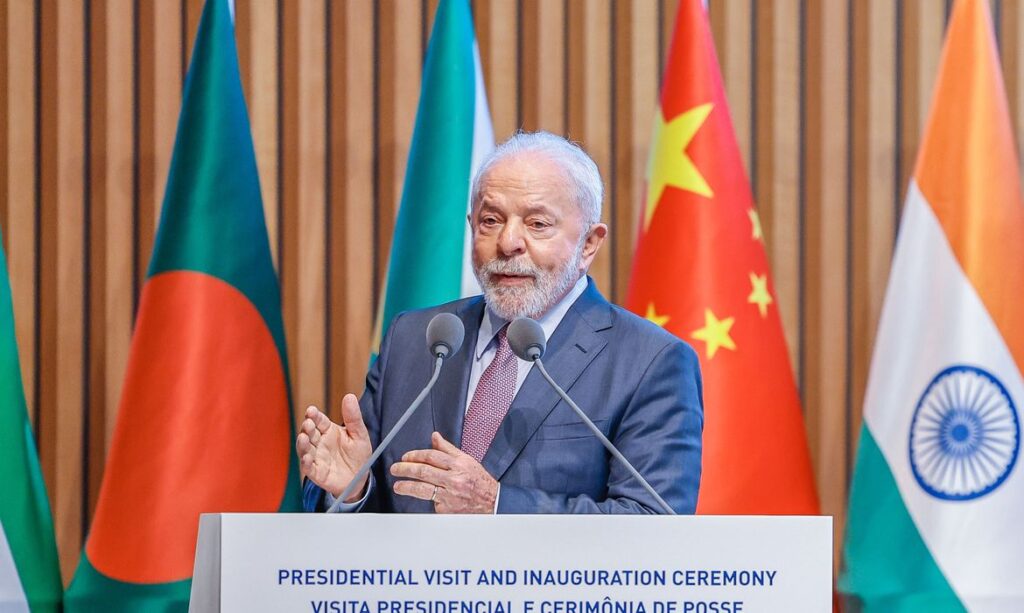
Criticism for Lula’s trip to China
Although the government considered the trip to China successful, some of Lula’s remarks drew criticism, especially his complaints about the strength of the U.S. dollar in global economics, and his defense of BRICS countries using a unique currency for transactions between them.
“We need to have a currency that transforms countries into a slightly more peaceful situation. Because today a country needs to run after the dollar to be able to export, when it could export in its own currency, and the central banks could certainly take care of that”, said Lula.
Some Brazilian economists and journalists interpreted the remarks as “indirect” jabs at the U.S., and feared they could put a strain on Brazil’s relationship with the government of President Joe Biden.
However, Minister of Institutional Relations Alexandre Padilha said that the proximity of the Brazilian government with China does not affect its relationship with the U. S. According to him, Brazilian foreign policy has always focused on multilateralism.
“Brazil expanded its foreign trade to other regions of the world during President Lula’s eight years (2003-2010), reduced its dependence on foreign trade with the US economy, but at the same time grew its relationship with the US economy during that period,” said Padilha.


